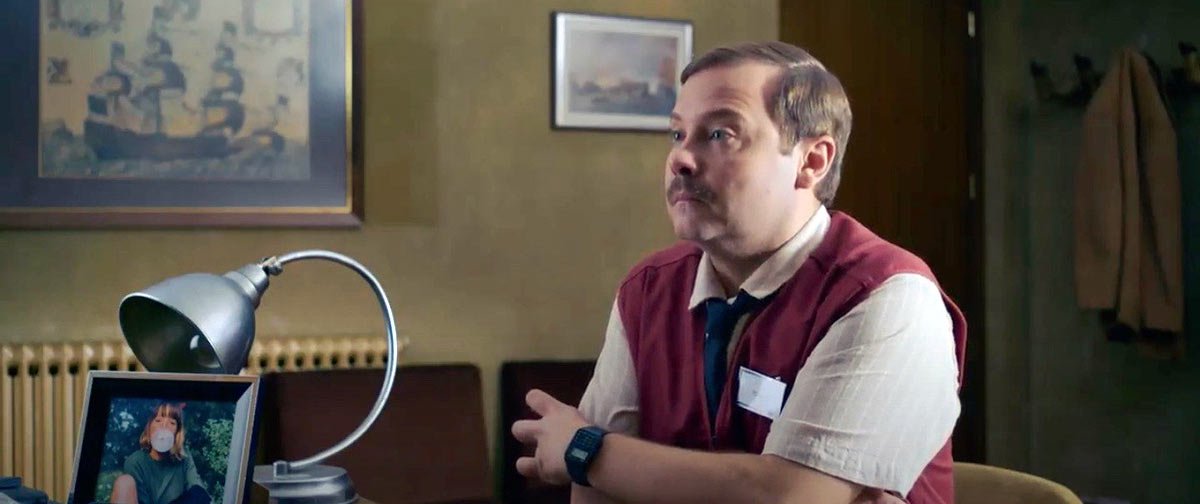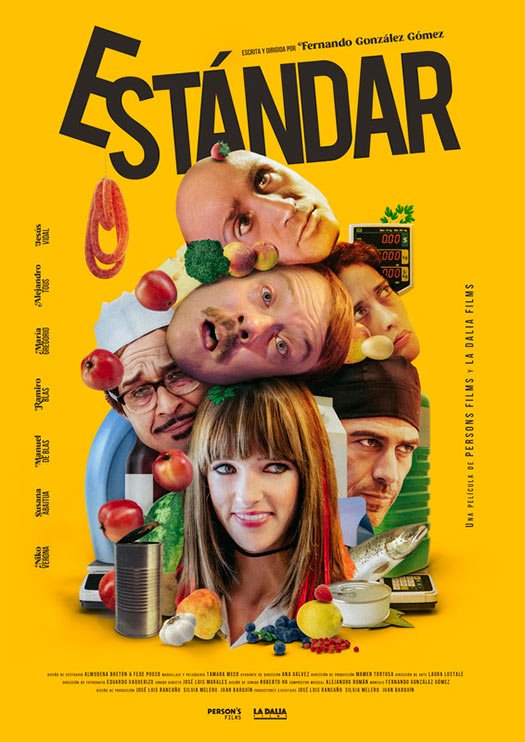Director Statement
With REPOSSESSION, we set out to create a genre-bending film that defies easy categorisation, slipping across boundaries, shifting between worlds. A work that would repeatedly negotiate the tension between the uncanny and the everyday, with slow-burning dread blending with the foundations of a dark fable, rooted in the minutiae of the Sisyphean grind of life in Singapore.
Grounding the Fantastical in Reality
It was crucial that the fantastical elements be grounded in detailed realism, and the decision to make the film in English—a rarity in Asian film—was absolutely a result of our commitment to that ideal, to accurately reflect the specificity of the lives of one particular segment of Singapore society we were focusing on.
The genesis of the film was similarly grounded in reality, with the protagonist Jim’s situation inspired by several high-profile cases of mass retrenchments in Singapore—some with tragic consequences. The vast majority of those laid off were in their 40s and 50s—a generation that came of age in the midst of Singapore’s meteoric post-colonial rise to an economic powerhouse.
They believed wholeheartedly what they were told: If they worked hard and checked all the boxes indicating success, the Singapore Dream was theirs to reap. Their generation formed the backbone of the Singapore economy, and they grew together with the nation… only to realise far too late that they were mere consumables to be used up and disposed of. That the Singapore Dream was just that—an unattainable dream.
For all its modernity, wealth, and technology, Singapore’s short history of independence and rapid economic development means that much of society continues to subscribe to the conventionally Asian “value” of “face”, which manifests itself in obsession with material indicators of wealth and success.
Appearing affluent and accomplished to one’s peers determines where one lands within the societal hierarchy of this world. It is not just a driving motivation for many; it is an essential component of the identity they construct for themselves.
Compounding the problem is the fact that Singapore is the world’s most expensive city 6 years running, according to the Economist Intelligence Unit’s 2019 Worldwide Cost of Living report. Cars cost almost three times those in the USA, people take out 30-year housing loans just for public housing, and an apartment like Jim’s costs US$1.5 million. Maintaining the illusion of success often means one’s finances are perpetually in a precarious state.
All these in conjunction sparked a series of questions in our minds: What happens when a man is stripped of the very material trappings he defines himself by? How does he reconcile plunging to the bottom of the social ladder with his sense of self-worth? When toxic notions of masculinity and fear of failure mean he can only scream on the inside, and never out loud, how are his perceptions of the world distorted?
Notions of Horror
As much as we were deeply interested in exploring the concrete, universal fears that Jim faces, the horrors of everyday life that transcend language or culture, we were equally keen on examining the very idea of horror itself.
Asian horror has long trafficked in tropes that are by now familiar to global audiences, often having roots in local folklore and mythology, featuring the ubiquity of long-haired female ghosts and other vengeful spirits.
When the nature of the Evil cannot be easily categorised or defined, when it doesn’t adhere to familiar tropes, when there isn’t a clear reason or a face to put to it, how do you deal with it? When it’s insidious and all-corrupting, how do you protect yourself and your loved ones? Or would this simply be an exercise in futility?
Making REPOSSESSION was a journey in which we not only dived deep into the psyche of a flawed and troubled man, but also held up a mirror to a particular society’s fears. Perhaps the greatest horror of all comes from allowing “face” to dictate one’s life…
 Fernando González Gómez
Fernando González Gómez
Directors
Fernando González Gómez (01/05/1984, Madrid, Spain). Trained as an Aeronautic Engineer, he set up Fanda Films in 2004 together with the producer Niko Verona with whom he has made more than thirty short films, which include comedy, thrillers, social and documentary cinema… Fanda Films’ productions have been shown in hundreds of festivals, receiving dozens of national and international awards. His short film “Downunder” (2017) was nominated for the Méliès D’Argent Best European Fantastic Short Film and candidate for a Goya Award for the Best Fictional Short Film. Sharp and agile dialogues, extreme characters and strange and dystopian atmospheres, characterize this prolific Spanish filmmaker’s work. “Standard” is his first feature-length film as a director and writer.












